Your cart is currently empty!
Tag: Cannabis Cultivation
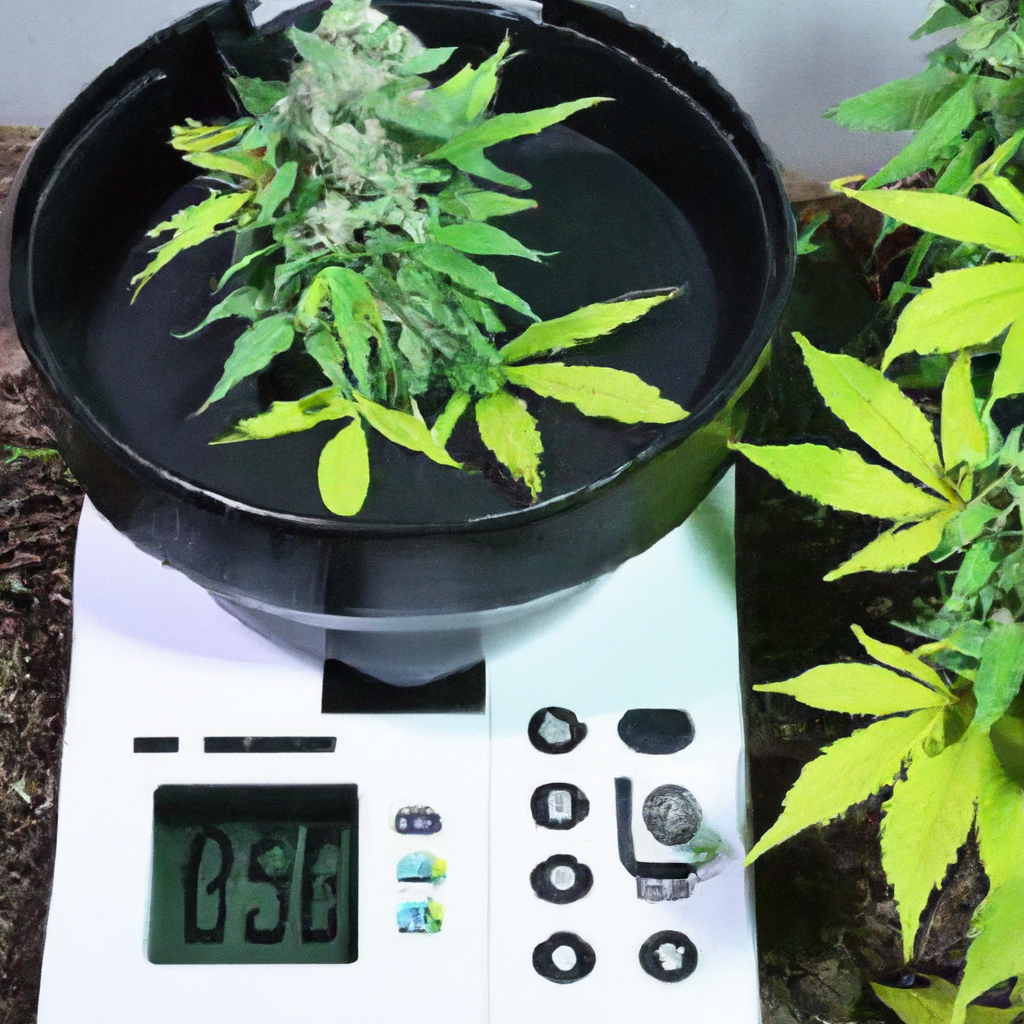
Managing pH levels is crucial for optimizing cannabis plant health and productivity. By keeping soil pH between 6.0-7.0 and hydroponic pH between 5.5-6.5, you improve nutrient absorption, which enhances growth and potency. Regular monitoring with a calibrated pH meter, using buffer solutions, and employing natural adjusters like vinegar or baking soda can maintain optimal levels.…

Growers are increasingly using beneficial fungi, such as mycorrhizae and Trichoderma, to enhance cannabis cultivation. These fungi improve plant health and yield by boosting nutrient uptake, drought resistance, and disease prevention. For successful implementation, select high-quality inoculants, apply them appropriately, and maintain optimal soil conditions. Real-world cases, like a California operation, have shown a 20%…
Experienced cannabis growers can boost yields through High-Stress Training (HST), a technique that involves slight manipulation of the plant to enhance growth patterns. By understanding and utilizing strategies such as topping, fimming, super cropping, and defoliation, growers can improve light penetration and encourage multiple blooming sites. Proper timing, monitoring plant response, using a nutrient-rich medium,…
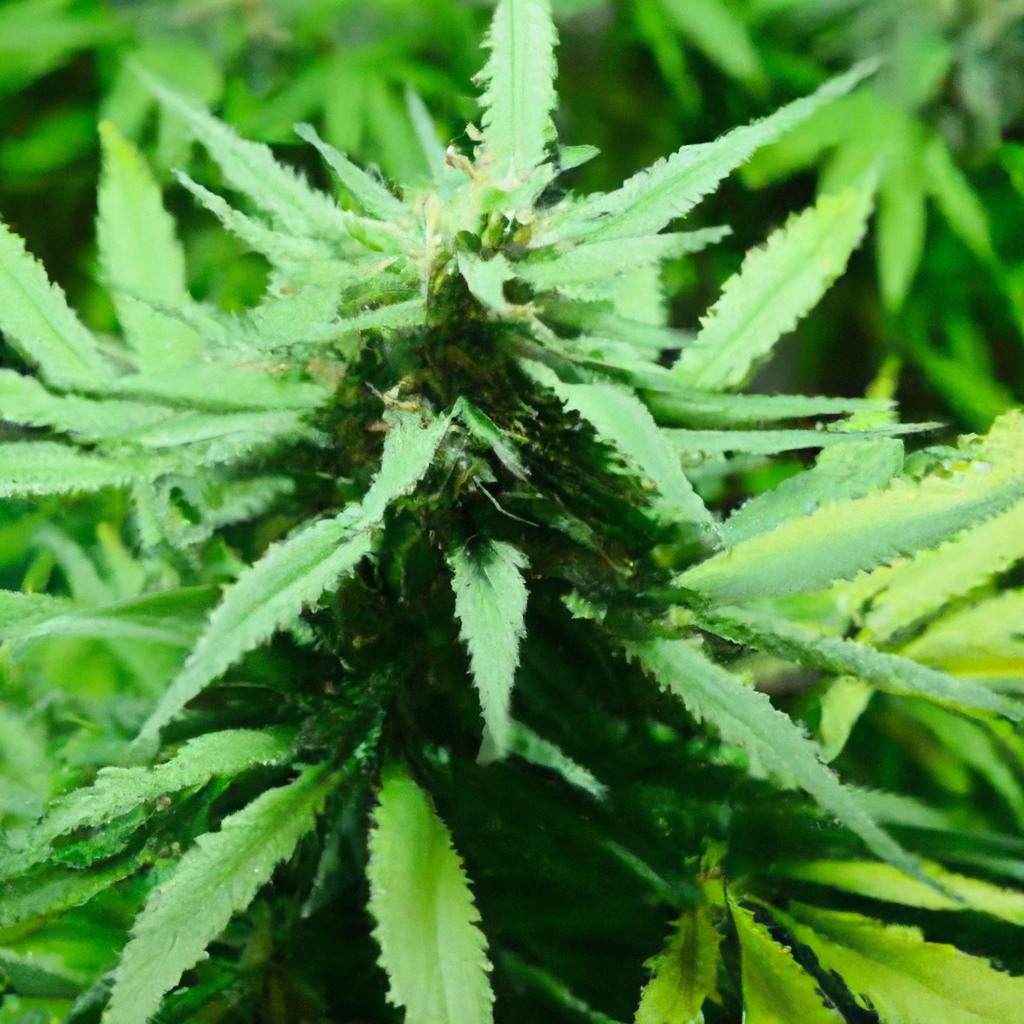
As cannabis becomes more accepted, understanding its cultivation is increasingly valuable. This article delves into key cultivation aspects, from lighting, watering, and climate control to advanced growing techniques like Low-Stress Training and hydroponics. It highlights the importance of sustainability through organic growing and eco-friendly pest control. By mastering these elements, growers can achieve high yields…
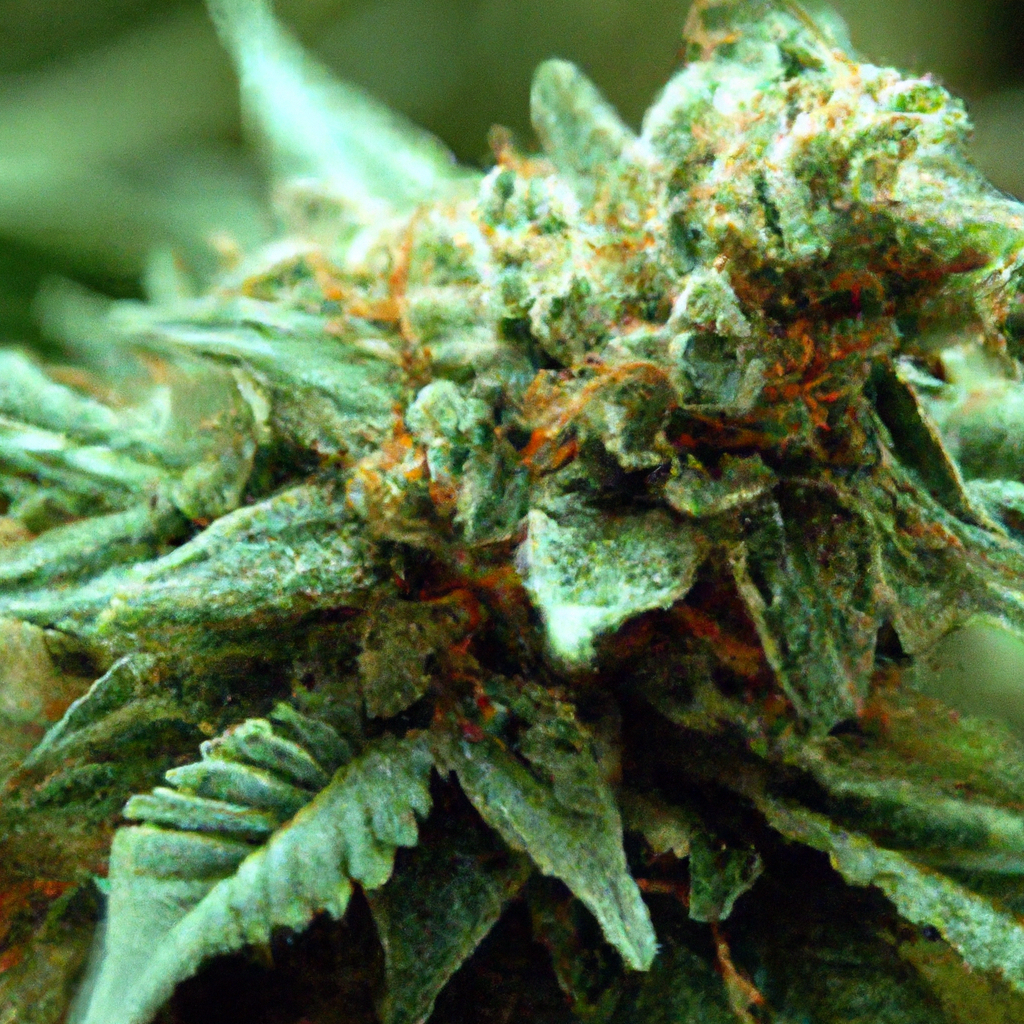
Discover the captivating Pineapple Sage cannabis strain, a sativa-dominant hybrid that masterfully blends Pineapple Express and Sage. With striking trichome-rich buds and a delightful aroma of sweet pineapple and herbal sage, this strain offers a sensory paradise. Users enjoy balanced euphoria, creativity, and stress relief, making it ideal for social and artistic settings. Cultivate this…
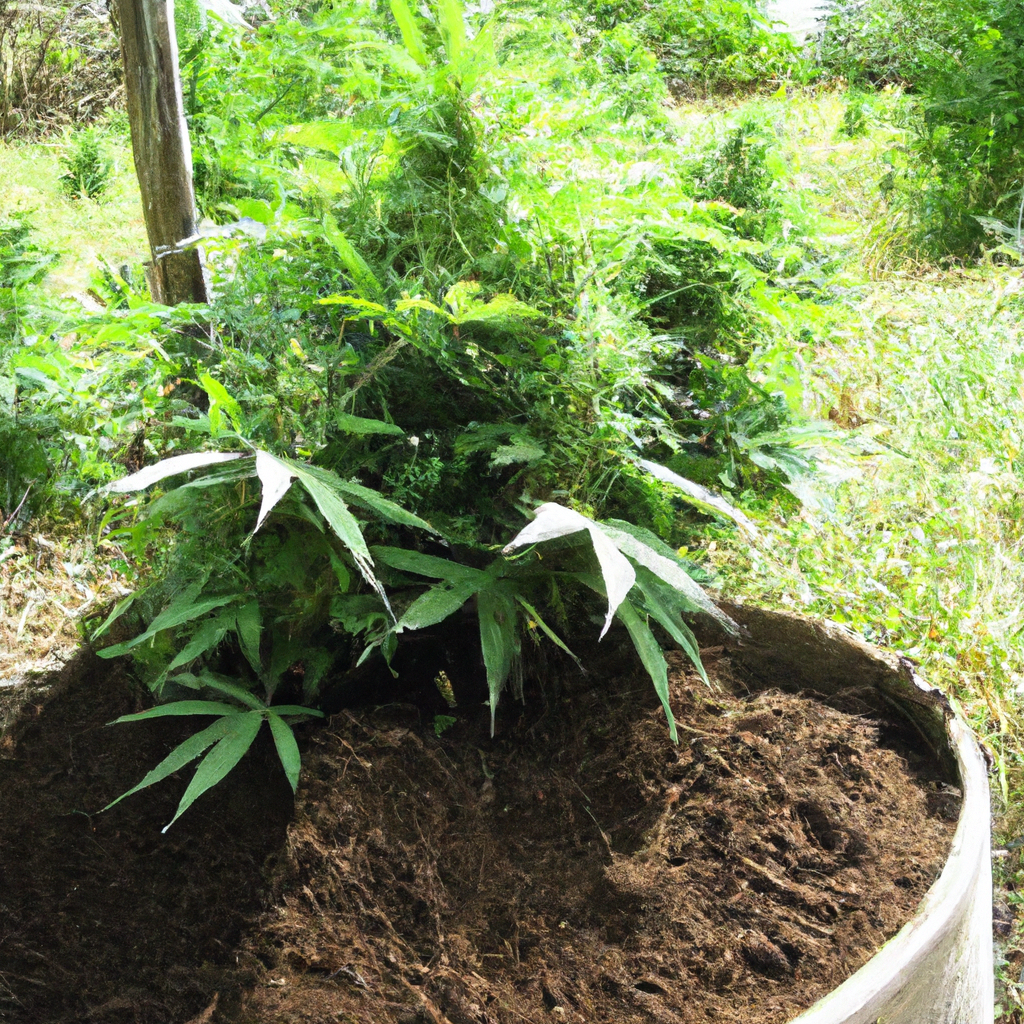
Cannabis cultivation is shifting towards organic methods, emphasizing sustainability and environmental health. By using natural fertilizers, composting, and eco-friendly pest control, growers enhance plant vitality without synthetic chemicals. Key practices include building nutrient-rich soil through composting and manure, employing companion planting and biological pest control, and maintaining soil health via rotation and mulching. This approach…
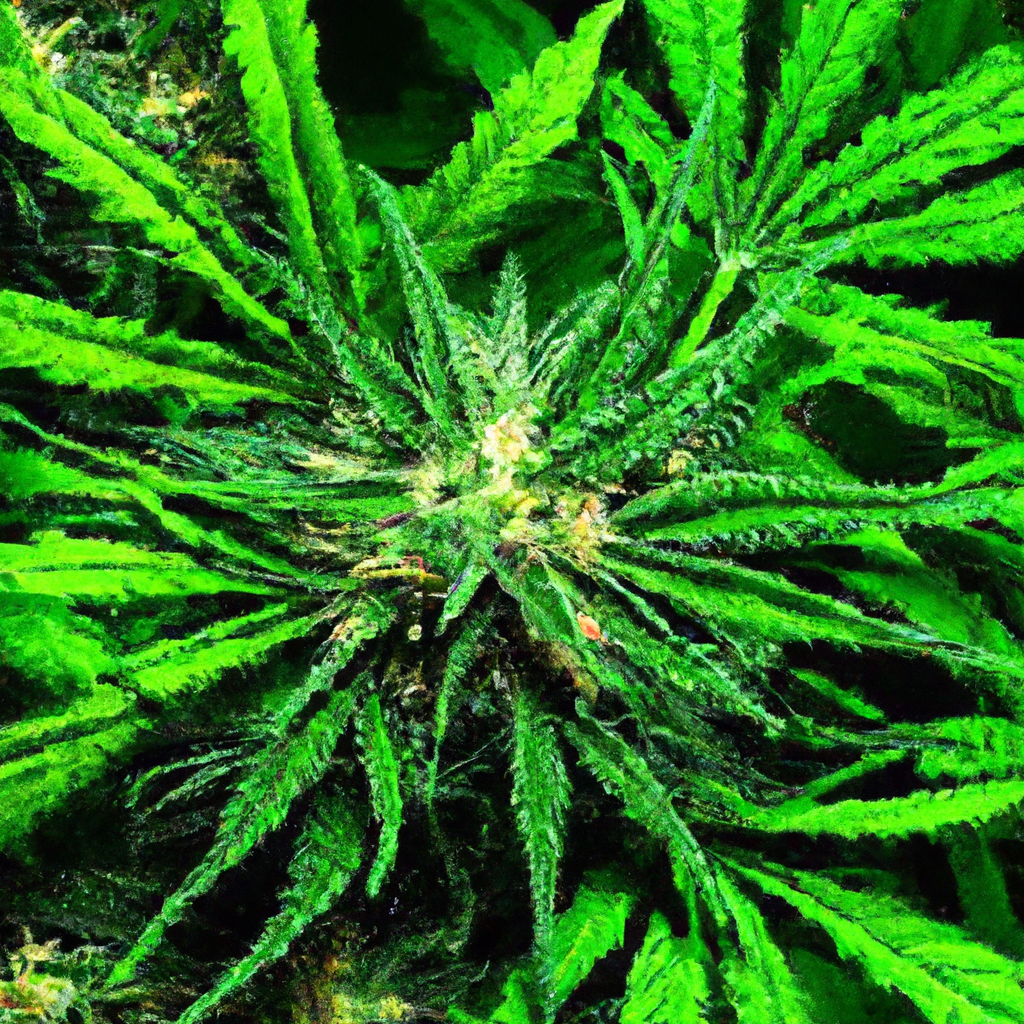
The integration of AI in cannabis cultivation is revolutionizing the industry by providing innovative solutions to optimize yield, improve plant health, and enhance product quality. AI enables precision agriculture through real-time monitoring and adjustments to environmental conditions, and offers advanced pest management by analyzing patterns for early threat detection. It aids in data-driven yield optimization,…
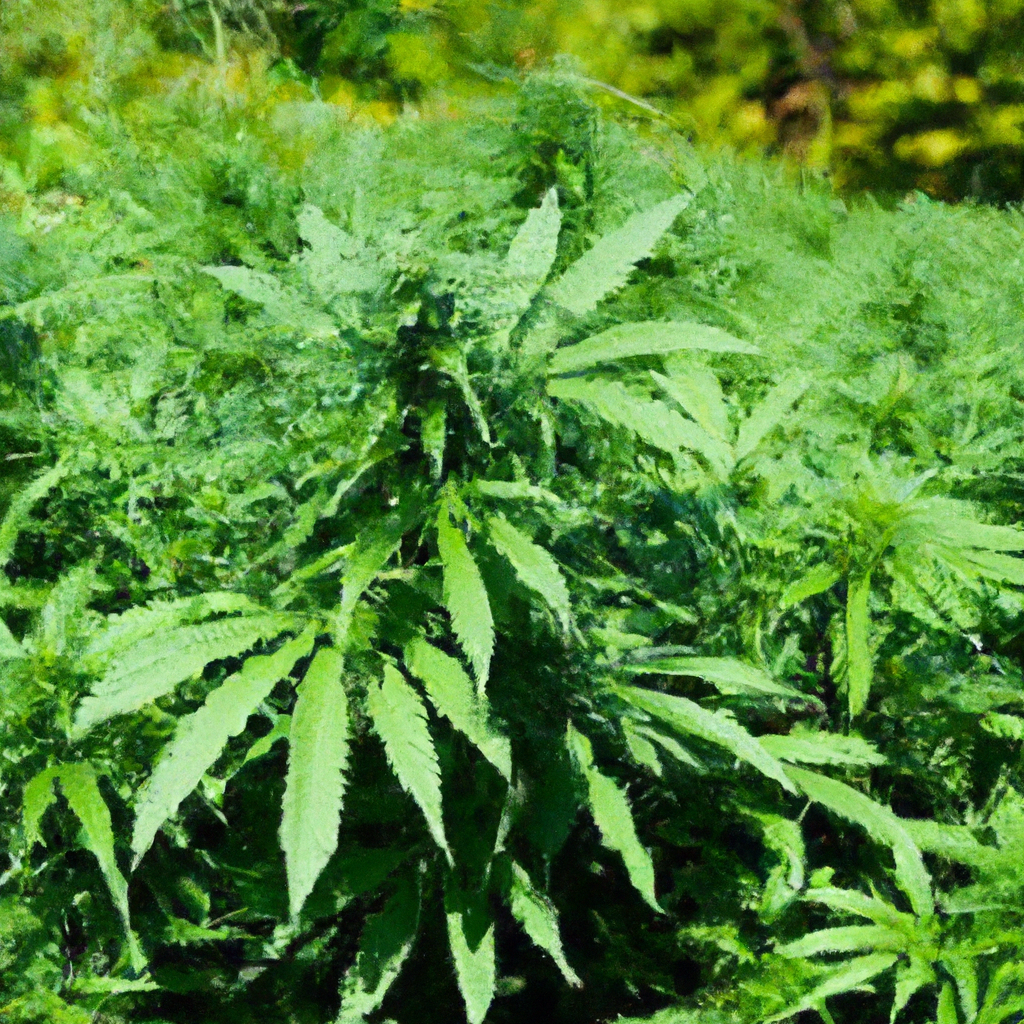
Cannabis cultivation thrives when combining scientific expertise with creative techniques. A key method to enhance soil health and yield is crop rotation, a staple in sustainable agriculture. This practice involves rotating crops with each planting season, preventing soil depletion, reducing pests, and enriching soil fertility. For cannabis growers, employing a crop rotation plan using companion…
Mastering cannabis growth involves more than basic care, with plant training being a crucial technique for maximizing yields. This article explores key methods like Low-Stress Training (LST) and High-Stress Training (HST) to optimize light exposure and improve plant resilience. LST, suitable for beginners, gently guides plant growth to enhance airflow and light penetration, while HST…
In the dynamic realm of cannabis cultivation, heirloom strains present invaluable genetics thanks to their history and purity. These ancient, untouched varieties offer unique flavors, effects, and resilience that modern hybrids often lack. Preserving heirloom strains is essential for biodiversity, achievable through seed banks, backcrossing, and selective breeding. This practice not only maintains genetic treasures…
